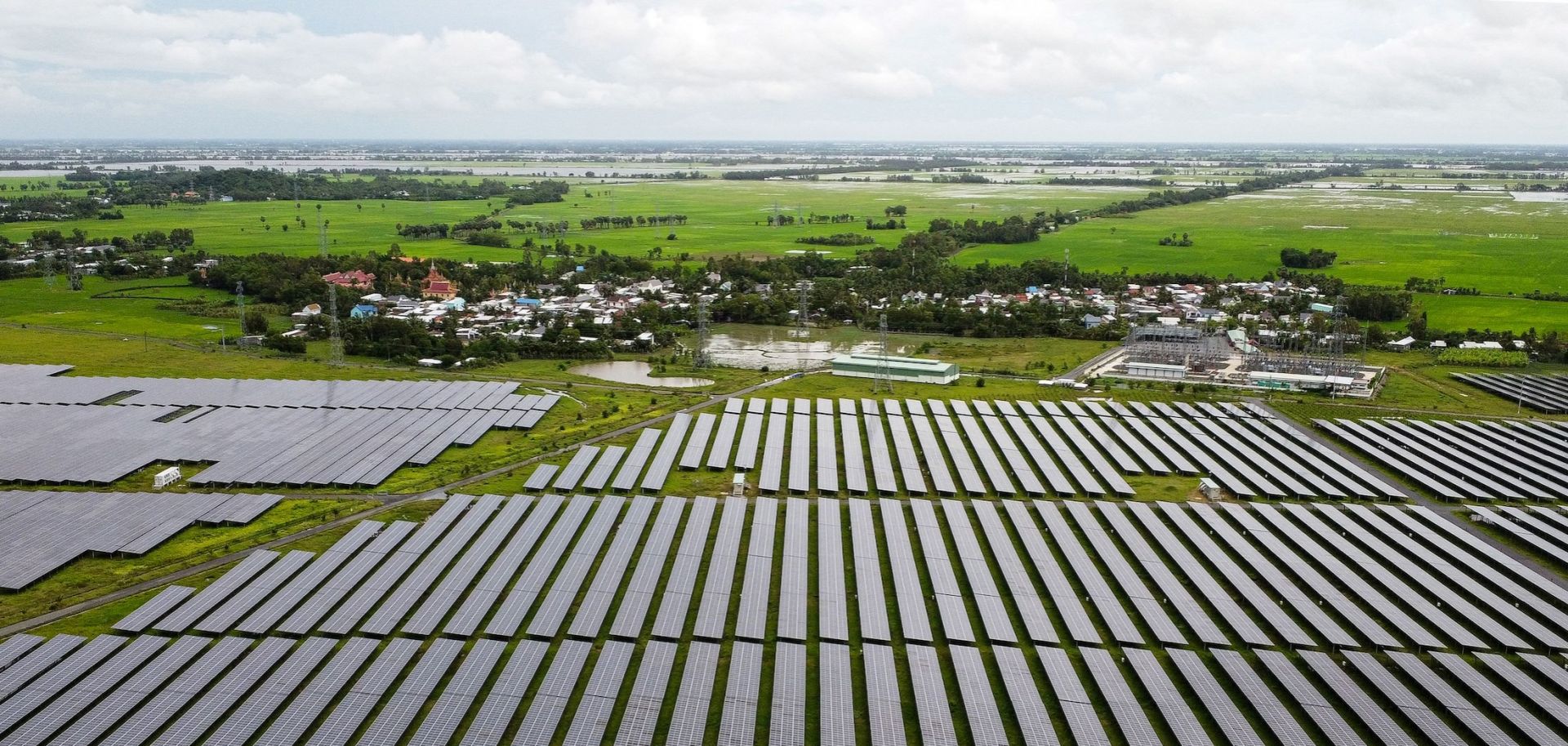Several Southeast Asian countries are on track to develop substantial renewable power capacities in the short term, but technical, political and financial constraints, coupled with incentives to continue burning fossil fuels, mean long-term energy transition goals appear unlikely. Like much of the world, all Southeast Asian countries have ambitious plans to significantly phase out fossil fuels and, in most cases, reach net zero carbon emissions in the coming decades. For example, Brunei, Cambodia, Laos, Malaysia, Singapore and Vietnam all have targets to achieve net zero carbon emissions by 2050, while Indonesia has the same goal by 2060. Even wartorn Myanmar maintains the official goal of achieving net zero carbon emissions by 2040 in certain land-use-intensive sectors, a tall order for a country with an outsized agricultural sector. The Philippines is the only Association of Southeast Asian Nations (ASEAN) member state that has not yet set an official net zero target,...

